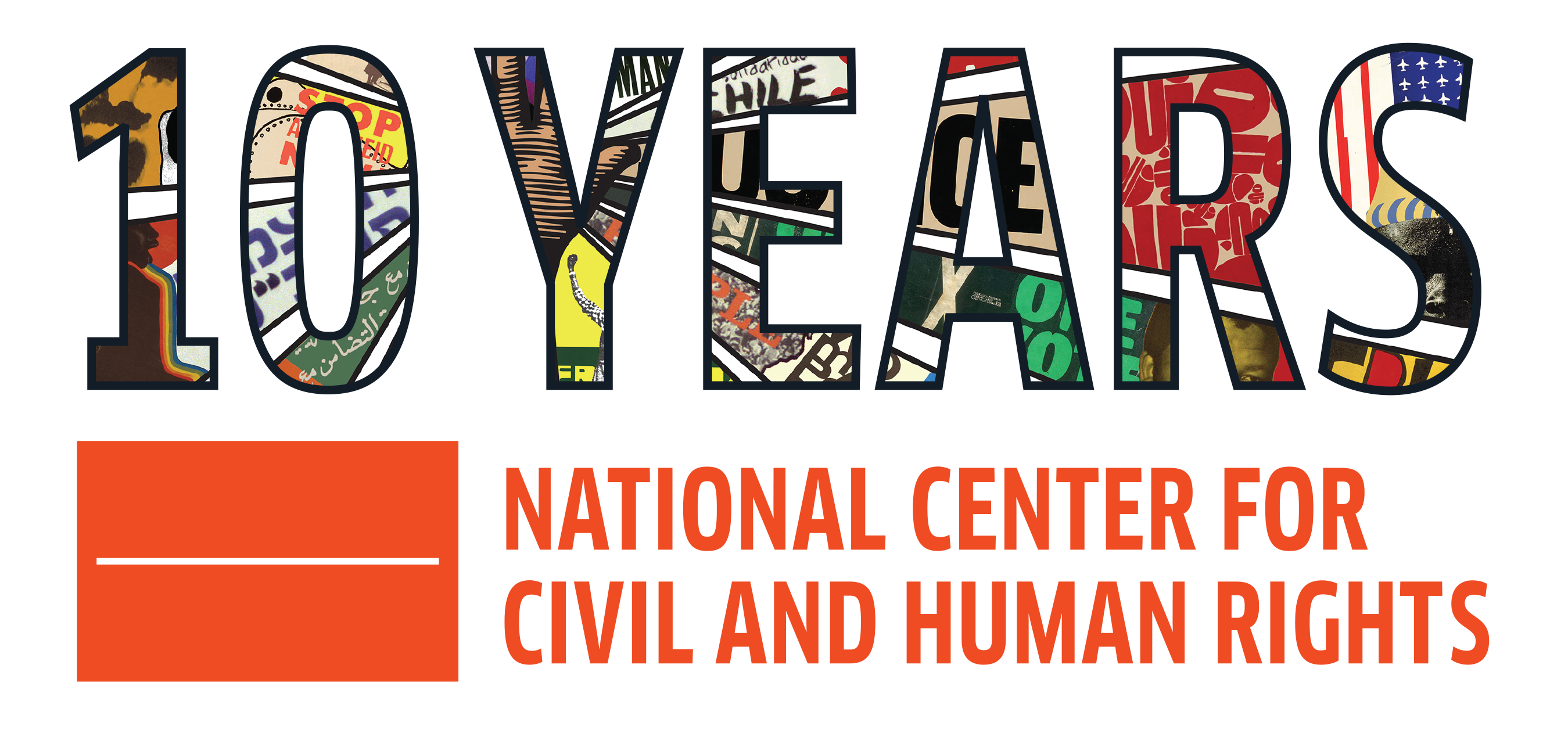National Center for Civil and Human Rights’ IHTI & LGBTQI Partner with Emory University to Launch New Campaign To End Commercial Sexual Exploitation of Youth in Atlanta
Coalition receives $1 million NoVo Foundation grant to advance compreshensive solutions supporting marginalized communities in Fulton County
Atlanta, GA (February 24, 2020) – The National Center for Civil and Human Rights’ LGBTQ Institute and International Human Trafficking Institute (IHTI), have partnered with Emory University to develop a new campaign to end commercial sexual exploitation in Atlanta. The initiative seeks to establish a solutions-based program that targets the immediate needs of youth under 25-years old at risk for, or experiencing, commercial sexual exploitation in Fulton County, while also transforming systems to prevent future abuse. The NoVo Foundation awarded the coalition a $1 million grant to launch the program.
The funds are part of the NoVo Foundation’s The Life Story Grants, a $10 million, three-year investment in survivor-centered programs in the U.S. that open exit ramps from the sex trade while closing on-ramps. The Atlanta-based project is among 15 projects awarded funding to address systemic failures that allow sexual exploitation of to thrive and harm the most marginalized communities, including girls and women of color, as well as LGBTQ, immigrant, and Indigenous girls and women.
The project features a new multi-sectoral partnership between Emory’s Rollins School of Public Health and Barton Child Law and Policy Center; youthSpark; and the National Center Civil for Human Rights’ LGBTQ and International Human Trafficking Institutes.
“We are extremely honored that our two human rights institutes—LGBTQ & IHTI, are tapped to bring their research, advocacy and coalition building expertise to this important effort to eradicate modern day slavery,” said Jill Savitt, CEO of the National Center for Civil and Human Rights.
The campaign tackles vulnerabilities by expanding youthSpark’s comprehensive model that emphasizes a survivorship over the traditional victim narrative. Its inclusive approach illuminates notions of exploitation, acknowledging the experiences of most at-risk youth of color – particularly Black and Brown youth. Ultimately, the coaltion seeks to build a robust holistic intervention model that improves direct civic services, effects policy, and serves as a replicable resource for other communities.
Key strategies and initiatives include:
- Expanding early intervention systems to widen the safety net for at risk girls – including trans youth – on the commercial sexual exploitation continuum (led by youthSpark);
- Leveraging the International Human Trafficking Institute’s Metropolitan Atlanta Coalition to End Human Trafficking to strengthen the region’s public-private, community-based response (led by the National Center for Civil and Human Rights International Human Trafficking Institute);
- Empowering survivor-leaders, including transgender people, to inform project planning and implementation (led by the National Center for Civil and Human Rights LGBTQ Institute);
- Rigorously evaluating and enhancing the early intervention system and public policies needed to effectively close trafficking on-ramps, minimize barriers to services, and package this evidence-based response into a roadmap for other jurisdictions (led by the Rollins School of Public Health and Barton Child Law and Policy Center); and
- Disseminating promising practices and scientific research findings to local, state and national human trafficking stakeholders.
“IHTI’s multi-sector coalition of private, public, advocacy, philanthropic, multi-faith, and philandropic partners is uniquely positioned to galvanize civic engagement and resources to this effort,” said Deborah Richardson, IHTI’s Executive Director.
“We are grateful to receive funding and to help ensure that trans women have a voice in this project that will help inform project planning and implementation,” said Ryan Roemerman, Executive Director of the LGBTQ Institute.
Dabney P. Evans PhD, MPH, an associate professor at Rollins and lead investigator on the project said, “Through this collaboration, we are uniquely situated to provide direct services to survivors and at-risk youth, as well as to create the systemic change necessary to end the commercial sexual exploitation of children in Atlanta.”
Questions about The Center’s Institutes can be sent to Deborah Richardson ([email protected]) or Ryan Roemerman ([email protected]) as well as on https://thelifestory.org/

